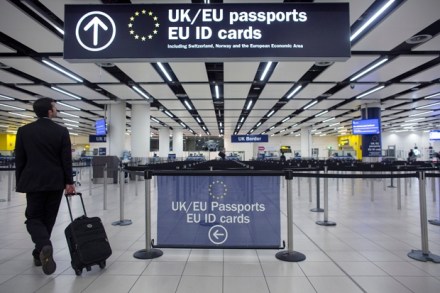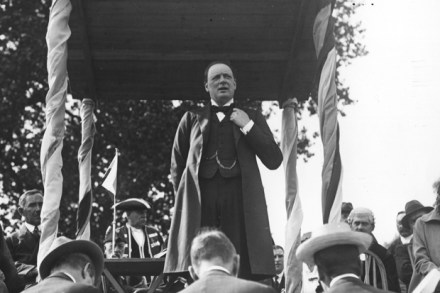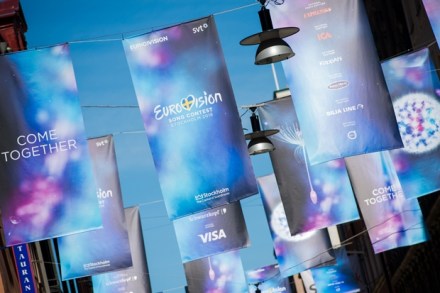Never gonna give EU up
June the 24th was a grim morning for Remain voters, and we’ve been working through the seven stages of grief ever since. Given that nobody has the faintest idea when, how or even if the UK will actually leave, acceptance is still some way off. But Remainers are a pragmatic bunch and many have now worked out that their own personal Brexit can be deftly avoided by taking another EU nationality. Likewise, UK citizens living in the EU, who have found to their horror that they are pawns in a very complex game of migrant chess between Theresa May and Jean-Claude Juncker, are concluding that now is a wise moment




















